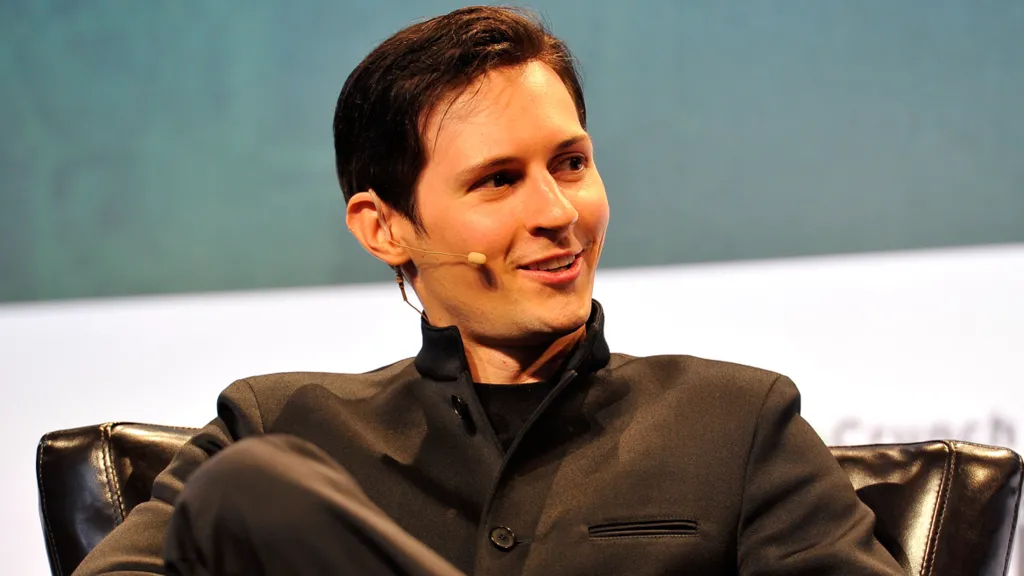Pavel Durov, a prominent figure in the tech world, co-founded Telegram in 2013. The messaging app gained popularity for its strong encryption and privacy features, attracting millions of users worldwide. However, it has also faced criticism for its stance on moderation and content control.
Here are some additional points about this news:
- The Investigation: French authorities initiated a preliminary investigation into Telegram due to concerns about the platform’s handling of illegal content. While Telegram emphasizes user privacy, critics argue that it has become a hub for extremist groups, hate speech, and other harmful content.
- Durov’s Arrest: On a Saturday, Pavel Durov was apprehended at an airport near Paris. The specific charges against him have not been disclosed yet, but they likely relate to Telegram’s moderation policies. His arrest has sent shockwaves through the tech community, given his reputation as a staunch advocate for privacy rights.
- Legal Implications: Durov’s legal situation remains uncertain. France’s legal system will determine whether he faces trial or other consequences. The case highlights the delicate balance between privacy and responsibility in the digital age.
- Telegram’s Response: Telegram has maintained its commitment to user privacy, even when pressured to implement stricter moderation. Durov has defended the platform’s approach, arguing that privacy is a fundamental right. However, this stance has put the company at odds with governments and law enforcement agencies.
As the situation unfolds, the tech world watches closely to see how this arrest impacts Telegram’s future and the broader debate around online privacy and content moderation.
Certainly! Let’s delve even deeper into the context and implications of Pavel Durov’s arrest.
Background on Pavel Durov and Telegram
Pavel Durov, often referred to as the “Mark Zuckerberg of Russia,” co-founded the social networking site VKontakte (VK) before launching Telegram in 2013. Telegram quickly gained a reputation for its robust encryption and commitment to user privacy, distinguishing itself from other messaging apps. With features like self-destructing messages and secret chats, Telegram attracted users who prioritized security and privacy.
The Controversy Surrounding Telegram
Despite its popularity, Telegram has faced significant controversy. Governments and law enforcement agencies have criticized the platform for its hands-off approach to content moderation. Critics argue that Telegram’s strong encryption and lack of oversight have made it a haven for illegal activities, including terrorism, hate speech, and cybercrime.
The French Investigation
The French authorities’ investigation into Telegram is part of a broader effort to regulate online platforms and ensure they comply with local laws. France, like many other countries, has been grappling with the challenge of balancing privacy rights with the need to combat illegal content online. The investigation into Telegram focuses on whether the platform has done enough to prevent the spread of harmful content.
Durov’s Arrest and Legal Proceedings
Pavel Durov’s arrest at an airport near Paris marks a significant development in this ongoing saga. While the specific charges against him remain undisclosed, they are likely related to Telegram’s moderation policies and its handling of illegal content. Durov’s legal team is expected to argue that Telegram’s commitment to privacy does not equate to endorsing illegal activities.
Implications for the Tech Industry
Durov’s arrest has far-reaching implications for the tech industry. It underscores the growing pressure on tech companies to take responsibility for the content shared on their platforms. This case could set a precedent for how governments regulate encrypted messaging apps and balance privacy with security concerns.
Telegram’s Future
The future of Telegram hangs in the balance as the company navigates this legal challenge. Telegram’s user base, which values privacy and security, will be closely watching how the company responds. Durov’s arrest may prompt Telegram to reevaluate its moderation policies and find ways to address government concerns without compromising its core principles.
Conclusion
Pavel Durov’s arrest is a pivotal moment in the ongoing debate over online privacy and content moderation. As the legal proceedings unfold, the tech world will be watching closely to see how this case shapes the future of encrypted messaging apps and the broader landscape of digital privacy.





